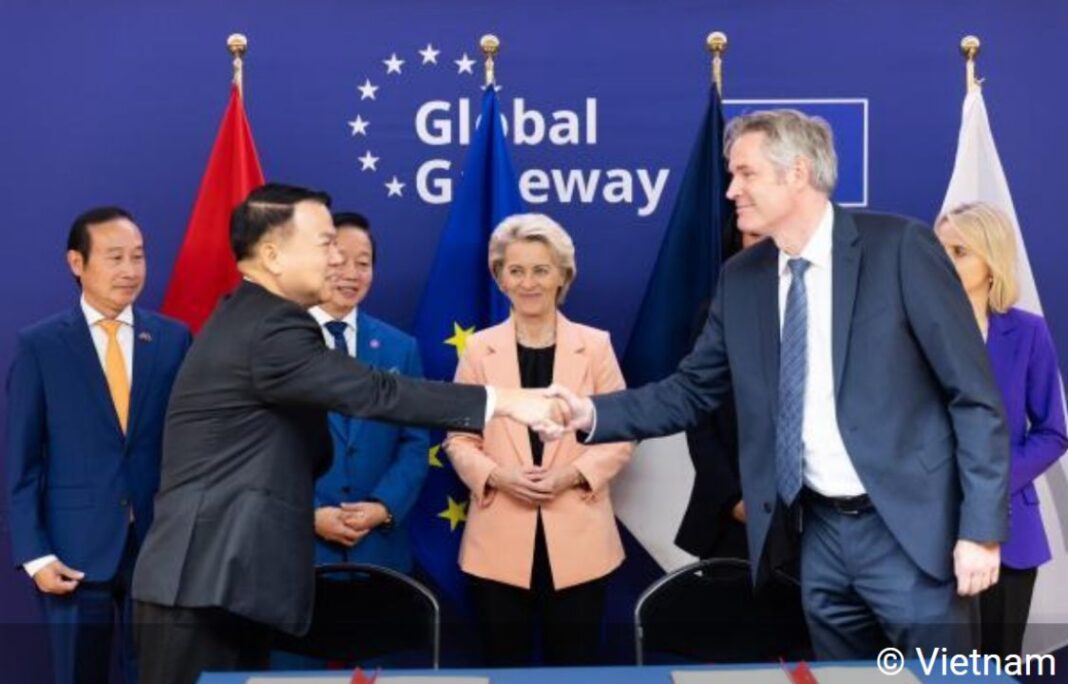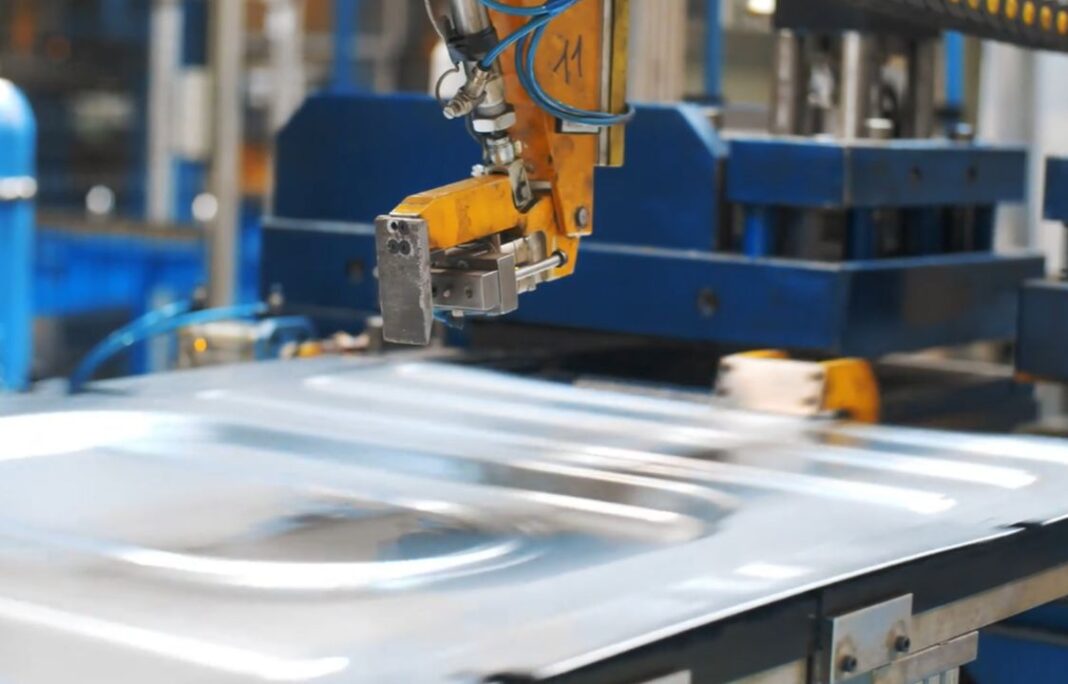The King of the Netherlands, King Willem-Alexander has initiated the construction of a 1,200-kilometer national hydrogen network at Rotterdam’s Tweede Maasvlakte industrial park.
The network, costing €1.5B, will connect major industrial areas in the Netherlands, Germany, and Belgium from 2030.
Rob Jetten, Minister for Climate and Energy Policy says, “The start of construction of the hydrogen network today is an important milestone.”
“The Netherlands has high hydrogen ambitions: hydrogen is an ideal solution for making our industry more sustainable and offers economic opportunities for the Netherlands as a key hub in north-western Europe.”
“This national network is essential for achieving those ambitions, and I am proud that we are the first country to start building a national network,” adds Jetten.
The national hydrogen network
Dutch natural gas infrastructure and transportation company, Gasunie, was commissioned by the Dutch government to develop this initiative, last year.
King Willem-Alexander toured the construction site of the national hydrogen network, where sustainable, zero-emission equipment will be used.
Gasunie employs technology like HyTap, that makes it possible to safely connect end users to the hydrogen pipelines.
After the tour, the King discussed business sustainability, hydrogen’s role in energy systems, hydrogen transport, and import options with involved parties from the Netherlands and abroad.
Gasunie mentions in a statement that Hydrogen is vital for sustainable energy supply, especially in industries and heavy transport. Establishing hydrogen infrastructure is crucial for its development.
The initial phase of the hydrogen network, covering over 30 kilometers and connecting Rotterdam’s industrial park to Pernis, is set to be operational by 2025.
The national network, spanning 1,200 kilometers, will predominantly repurpose existing natural gas pipelines. It will link to hydrogen production facilities, seaport import terminals, and companies both domestically and internationally transitioning to hydrogen for sustainability.
Han Fennema, CEO of Gasunie says, “Today marks the start of construction of the Dutch hydrogen network, and this fills us with great pride. It is a new milestone in the transition to a more sustainable energy supply in the Netherlands and north-western Europe.”
“I would like to thank all our partners for making this possible. Thanks to the boundless efforts of everyone involved, we can start building here today.”






